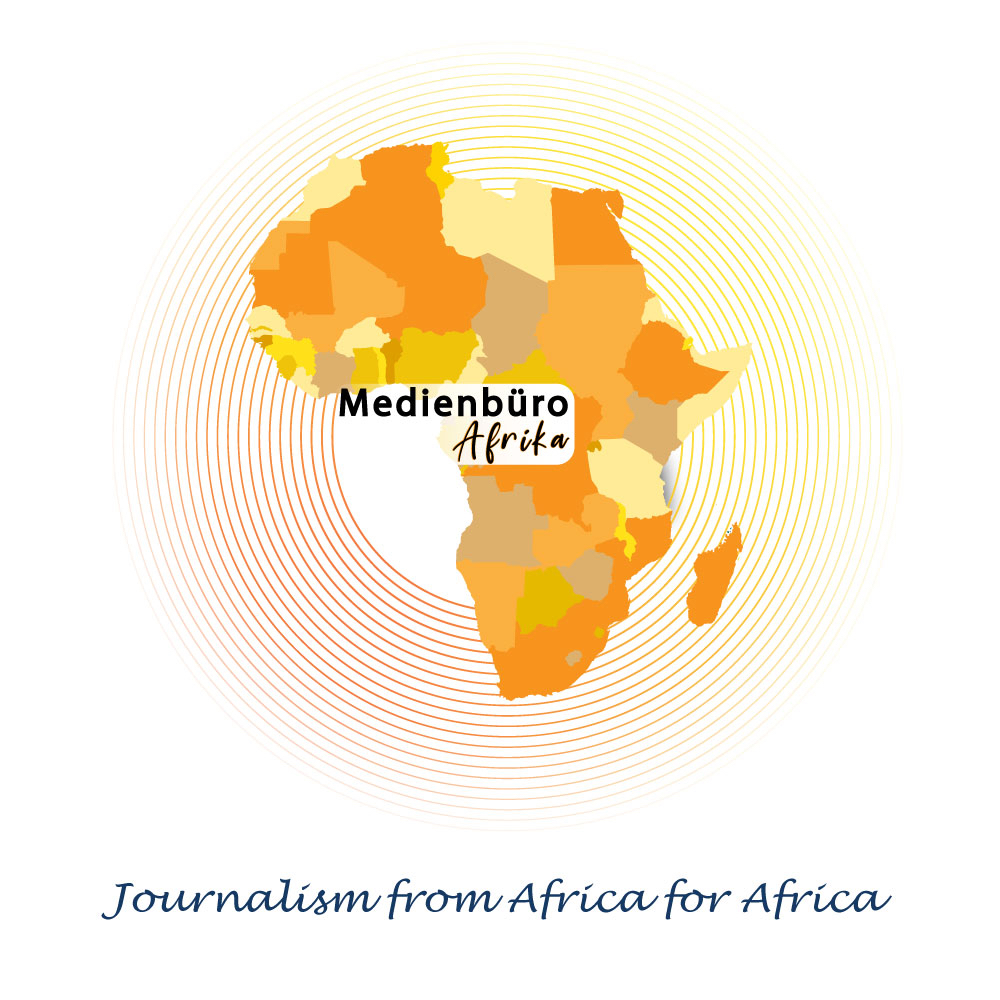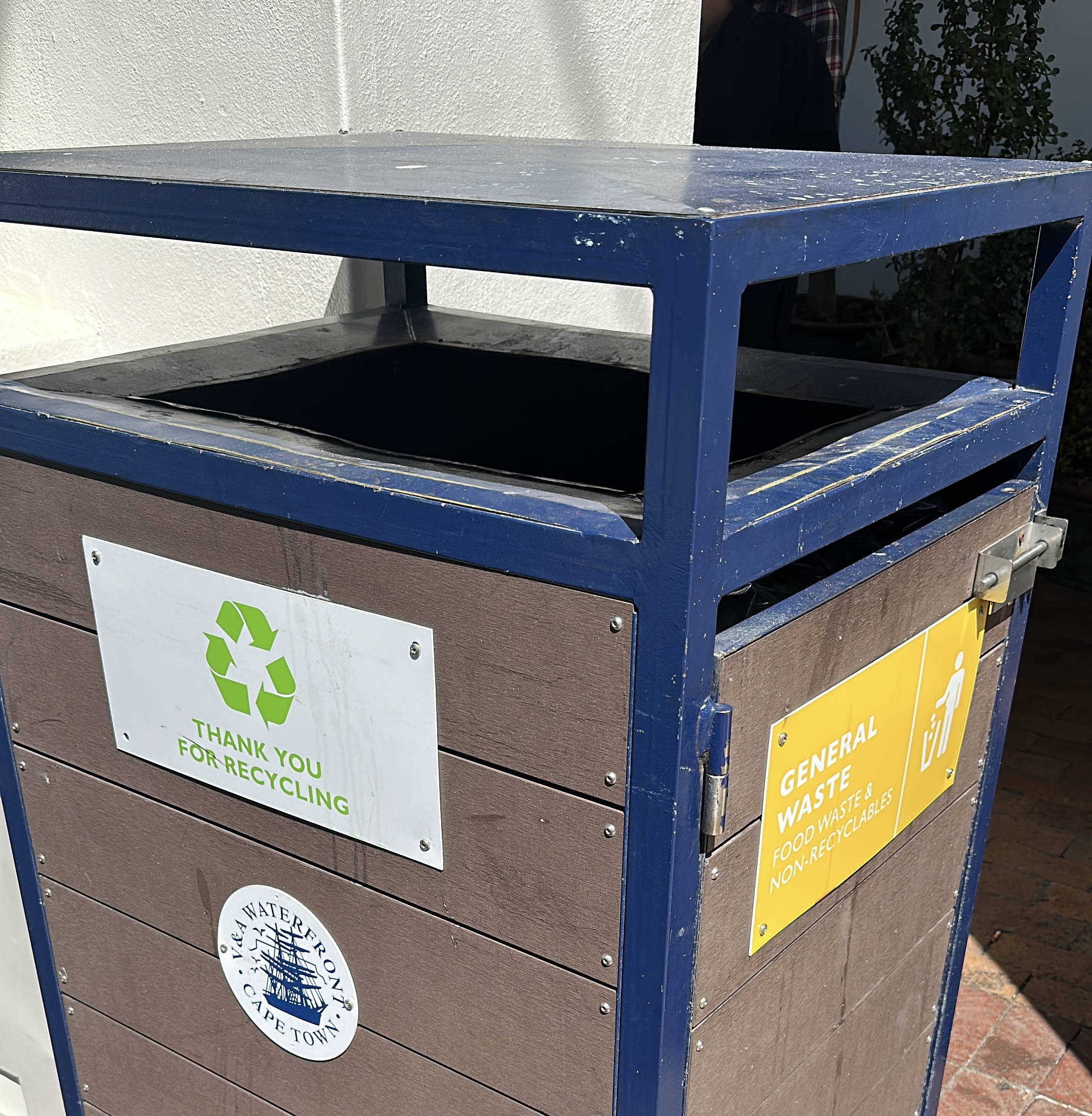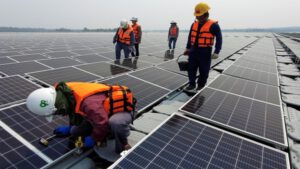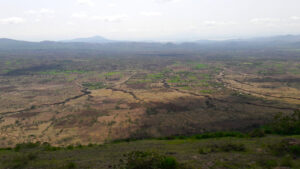Plastic waste is omnipresent in Africa. Discarded plastic products line the roadsides. In the rainy season, they are washed into the rivers. Many beaches in Senegal or Zanzibar are full of plastic waste. There are many reasons for this. On the one hand, there are not enough rubbish collection vehicles, and on the other hand, the rubbish collection vehicles cannot drive to the beach.
In Uganda alone, 600 tonnes of plastic end up in the ditches every year. There is hardly any waste collection, no waste separation, let alone recycling. Africa produces 20 million tonnes of plastic waste every year – only 10 percent is recycled. In addition, the countries of the global North dispose of large quantities of their waste in other parts of the world, including Africa.
Overcoming the problem is not easy. Rwanda is a model country. The country has zero tolerance for single-use plastic – the import, manufacture and use of plastic bags in supermarkets has been banned. Since 2019, there has been a law banning single-use plastics such as drinking straws, plastic cutlery and straws. The Rwandan Ministry of the Environment has also launched a project to develop recycling methods for plastic. Kenya also has strict laws against single-use plastic. Violations can result in heavy fines and even prison sentences. Another project is called “Trashy Bays” in Ghana. Here, rucksacks are made from plastic bags for schoolchildren. Since the project began, 30 million plastic bags have already been used.
In Nigeria, rubbish collectors in Lagos are cleaning up: they collect plastic from the ditches. PET water bottles, soft drink bottles and various bags are the main items collected. Private households and companies are brought together via an app to find out when and where the plastic waste can be collected. Anyone who has recyclable waste receives money for it. You can earn money with rubbish. Waste collectors earn €500 a month more than a cleaner or driver.
There is a lot of plastic waste in Africa, and that is tragic. Bans and creative ideas help to combat this. These can then form the basis for smart start-ups. The first ideas are presented.
Author: Dr. Thomas Isenburg, science journalist from Kierspe




